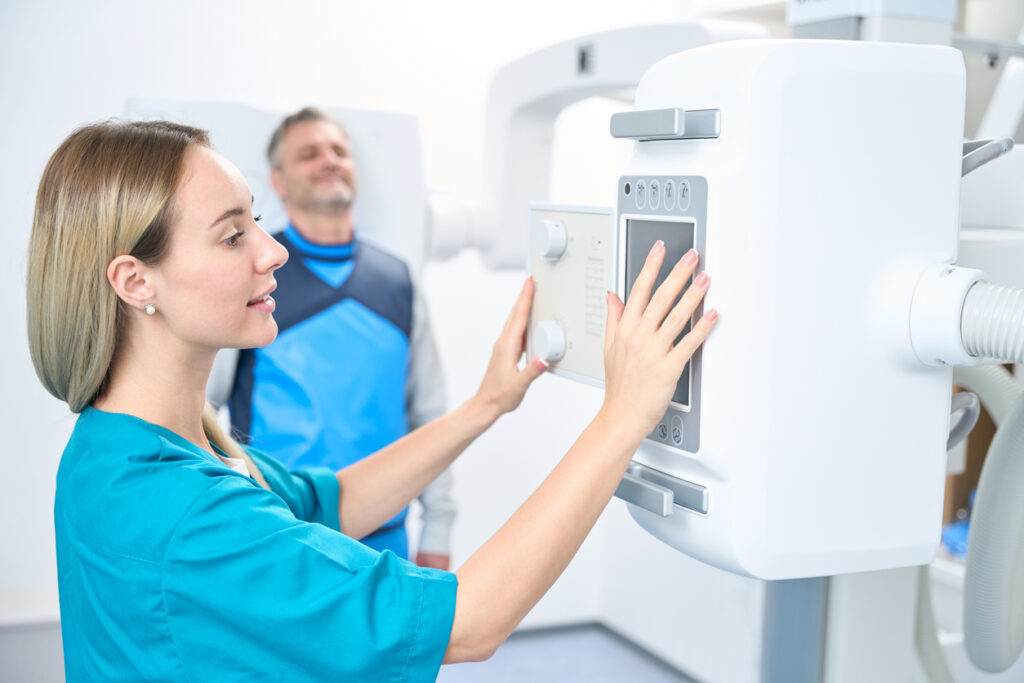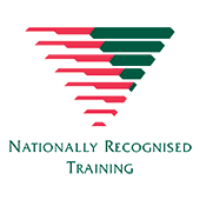Are you considering a career as an Allied Health Assistant but unsure what the role entails on a daily basis? This article provides a comprehensive look at a typical day in the life of an Allied Health Assistant, helping you understand their responsibilities, type of work, and the skills needed for this rewarding entry-level role. By gaining these insights, you can better decide if this career path aligns with your interests and goals.
Morning Routine
Starting the Day: Allied Health Assistants typically begin their day early, arriving at the healthcare facility around 8:00 AM. They start by reviewing the day’s schedule, which includes a list of patients they will be assisting and the specific tasks they need to perform.
Preparation: Before seeing patients, Allied Health Assistants prepare treatment areas, ensuring that all necessary equipment and supplies are ready. This may involve sterilising equipment, setting up therapy rooms, and organising patient records.
Patient Care
First Patient of the Day: The first appointment usually starts around 8:30 AM. Allied Health Assistants work closely with healthcare professionals, such as physiotherapists, occupational therapists, and speech therapists, to assist in patient care. They help patients with exercises, provide support during therapy sessions, and document patient progress.
Examples of Patient Care Tasks:
Assisting a physiotherapist by guiding a patient through rehabilitation exercises.
Helping an occupational therapist with activities designed to improve a patient’s daily living skills.
Supporting a speech therapist by practising communication exercises with a patient.
Break Time: Around mid-morning, Allied Health Assistants typically take a short break to rest and recharge.
Administrative Duties
Documentation: After seeing patients, there is often a need to document the sessions. This involves recording patient progress, updating treatment plans, and ensuring all patient information is accurately entered into the healthcare facility’s database.
Communication: Allied Health Assistants also spend part of their day communicating with other healthcare professionals. They may attend team meetings to discuss patient progress, treatment plans, and any adjustments needed to improve patient care.

Midday Activities
Lunch Break: Around noon, Allied Health Assistants take a lunch break. This is a good time to relax and prepare for the afternoon’s activities.
Afternoon Routine
Continued Patient Care: The afternoon is typically filled with more patient care activities. Allied Health Assistants might visit patients in different departments or even conduct home visits for those who require care outside the healthcare facility.
Examples of Afternoon Tasks:
Leading group therapy sessions.
Assisting with mobility exercises for elderly patients.
Providing support and education to patients and their families on how to manage their health conditions at home.
End of Day Wrap-Up
Final Patient Sessions: The last patient sessions usually occur in the late afternoon. Allied Health Assistants ensure that each patient has received the necessary care and that any follow-up appointments are scheduled.
Closing Duties: Before leaving, Allied Health Assistants clean and organise treatment areas, ensure all equipment is properly stored, and complete any remaining documentation.
Team Debrief: Some facilities may have a brief team debrief at the end of the day to discuss any significant events or updates from the day’s work.
Skills and Qualifications
Key Skills for Allied Health Assistants:
Communication: Clear and compassionate communication with patients and healthcare teams.
Organisation: Ability to manage multiple tasks and maintain accurate records.
Empathy: Understanding and addressing the needs and concerns of patients.
Technical Skills: Proficiency in using healthcare equipment and technology.
Educational Pathways: To become an Allied Health Assistant, obtaining relevant qualifications such as a Certificate III in Allied Health Assistance is essential. These programs provide the foundational knowledge and practical skills needed to succeed in this role.
Conclusion
A career as an Allied Health Assistant offers a dynamic and fulfilling work experience, involving direct patient care, collaboration with healthcare professionals, and a variety of administrative tasks. If you are interested in making a positive impact on patients’ lives and are considering this career path, gaining the necessary qualifications and skills is a great first step.





